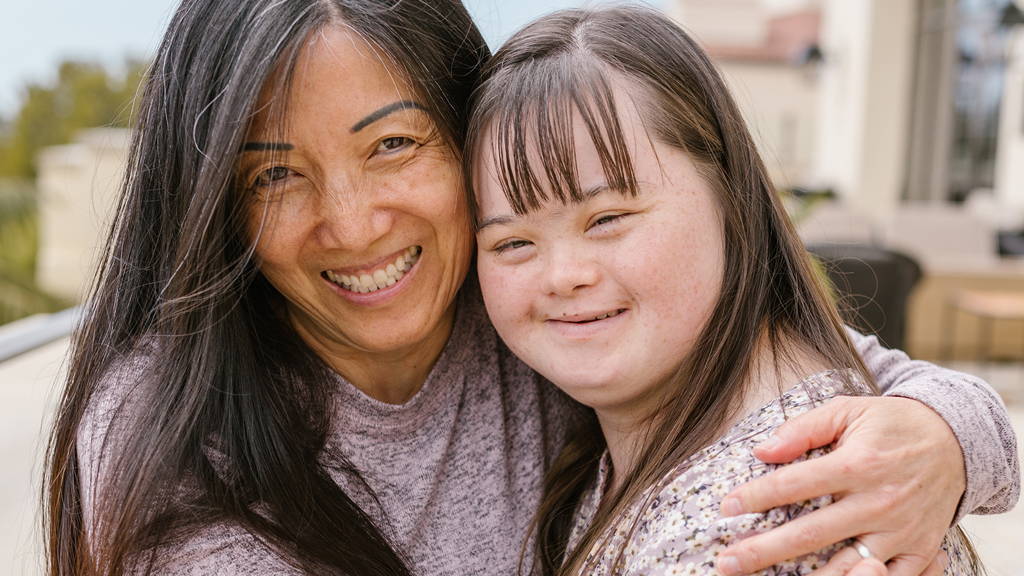

· By Shopify API
Neurodivergent Versus Neurotypical: What’s the Difference?
What Does Neurodivergent Mean?

In essence, the word “neurodivergent” helps to describe differently-abled people. Because being neurodivergent is not a condition, there is no diagnosis or “cure.”
However, people who identify as neurodivergent tend to have one or more of the following conditions:
- ASD (Autism Spectrum Disorder)
- ADHD (Attention Deficit Hyperactivity Disorder)
- SPD (Sensory Processing Disorders)
- Dyslexia
- Social Anxiety
- Tourette Syndrome
Neurodivergent characteristics might include poor eye contact, sensitivity to sensory input, no smiling or social responsiveness, excellent visual learning skills, high creativity, and the ability to hyperfocus.
What Does Neurotypical Mean?

Neurotypical means “not displaying or characterized by autistic or other neurologically atypical patterns of thought or behavior.” Or you can look at it this way: A neurotypical person is thought to have a brain that develops and functions in ways considered “typical” by society. Neurotypical characteristics include:
- Little or no difficulty dealing with sensory information
- Perform well under pressure
- Speak, move, and behave in “expected” ways
- Find it easy to engage in team activities
- Function well in complex social settings and large groups
- Deal well with change
- Able to learn in fast-paced, competitive settings
How Can I Support My Neurodivergent Child?

Make respect your top priority - Everyone deserves to be treated with dignity, even as we do our best to accommodate unique needs and learning styles
